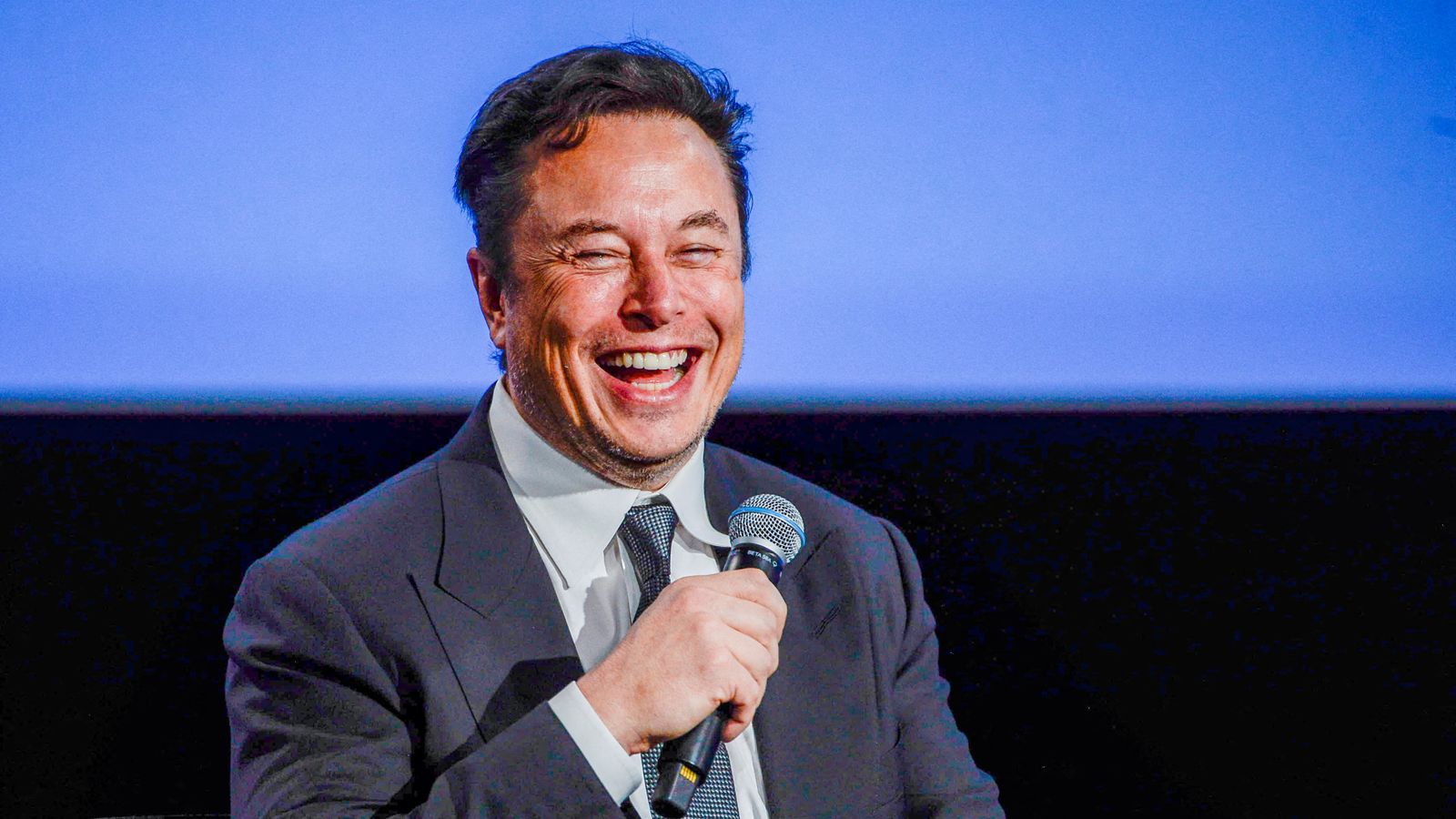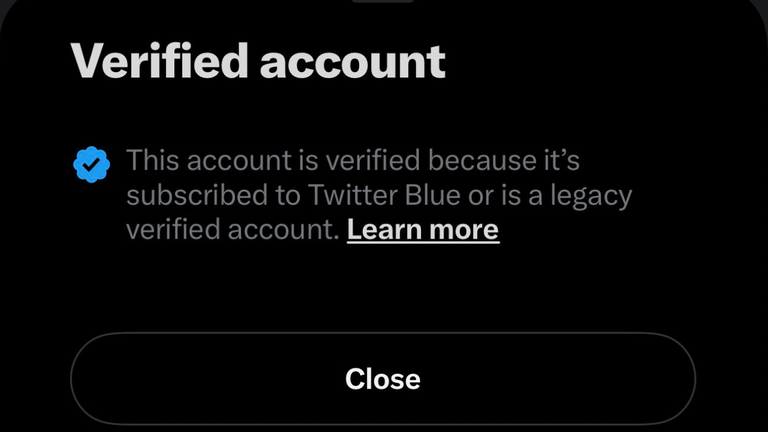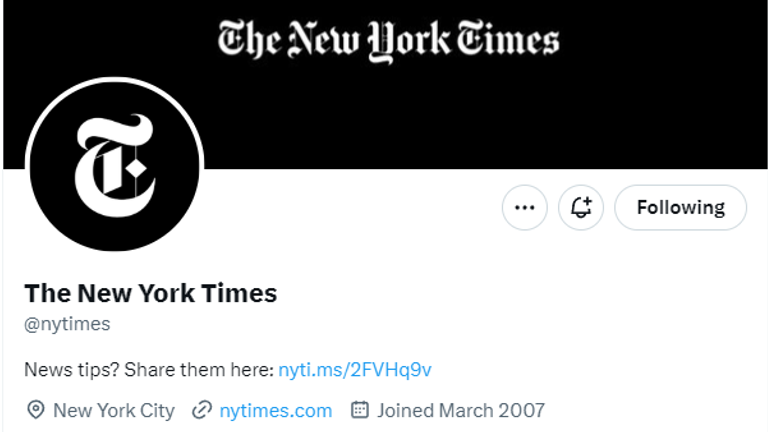Many Twitter users are angry and confused as it is now impossible to tell who has paid for their blue checkmark on the social media platform.
Last month, Twitter announced it would remove legacy verified checkmarks and end its legacy verified programme – in favour of charging people for a coveted blue tick.
For users who wanted to keep their checkmark, the Elon Musk-owned company advised them to subscribe to Twitter Blue – which costs $8 (£6.51) a month for individual web users.
Back in February, Musk tweeted: “Twitter’s legacy Blue Verified is unfortunately deeply corrupted, so will sunset in a few months.”
The change was due to take effect on 1 April, but legacy verified users have noticed their checkmarks are still intact.
While some were questioning if Musk was pulling an April Fools prank, it was later discovered that Twitter had changed the description on legacy verified accounts.
Now, when users click on a blue checkmark, the new description reads, “This account is verified because it’s subscribed to Twitter Blue or is a legacy verified account” – lumping legacy verified accounts with Twitter Blue subscribers.
Before, it read: “This is a legacy verified account. It may or may not be notable.”
So it is now impossible to tell the difference between people who were verified before the legacy verified programme was implemented and those who forked out for a blue checkmark.
New York Times gets checkmark removed
While many of Twitter’s high-profile users brace for the loss of the blue checkmarks that helped verify and distinguish them from imposters on the social media platform – Musk has taken the liberty to remove it from one news organisation in particular.
The New York Times has had its verification tick on its main account removed, with the publication happening to be one of Musk’s most despised news publications.
It comes after the paper claimed in a story on Thursday that it would not pay Twitter for verification of its institutional accounts.
The Twitter CEO tweeted early on Sunday that the Times’ checkmark would be removed before posting disparaging remarks about the newspaper.
Other Times accounts such as its business news and opinion pages still had either blue or gold check marks on Sunday, as did multiple reporters for the news organisation.
“We aren’t planning to pay the monthly fee for check mark status for our institutional Twitter accounts,” the Times said in a statement on Sunday.
Read more:
Twitter users to start losing blue ticks – unless they pay
Gary Lineker challenges Elon Musk after Twitter user sends abusive message to son over BBC row
“We also will not reimburse reporters for Twitter Blue for personal accounts, except in rare instances where this status would be essential for reporting purposes.”
Meanwhile, the Associated Press, which has also said it will not pay for the checkmarks, still had them on its accounts at midday on Sunday.
‘Stop this mess’
Many legacy verified Twitter users have expressed their anger at the idea of being mistaken for a Twitter Blue subscriber.
One person tweeted: “This is misleading B*******. I’ve NOT subscribed to Twitter Blue and have no intention to. I have a legacy verified account. Stop this mess”.
Another wrote: “Elon’s trying to protect the Twitter Blue folks from mockery by making legacy verified accounts ambiguous instead of taking the blue tick off? What on earth is this @TwitterBlue? I have not paid for the blue tick”.
While a third suggested it was too complex for Musk to mass delete legacy blue checkmarks, writing: “Okay so he found out it was too hard (and embarrassing) to disable legacy checks, and now he has just changed the description of all the legacy verified people to suggest we might be paying for Twitter Blue… This is a new world record of Not Mad.”
And YouTuber Eddy Buback seemed mortified at the thought of being mistaken for a Twitter Blue subscriber, writing: “Oh god, this is way worse than taking the checkmark. I did not pay Elon. I would rather die.”


